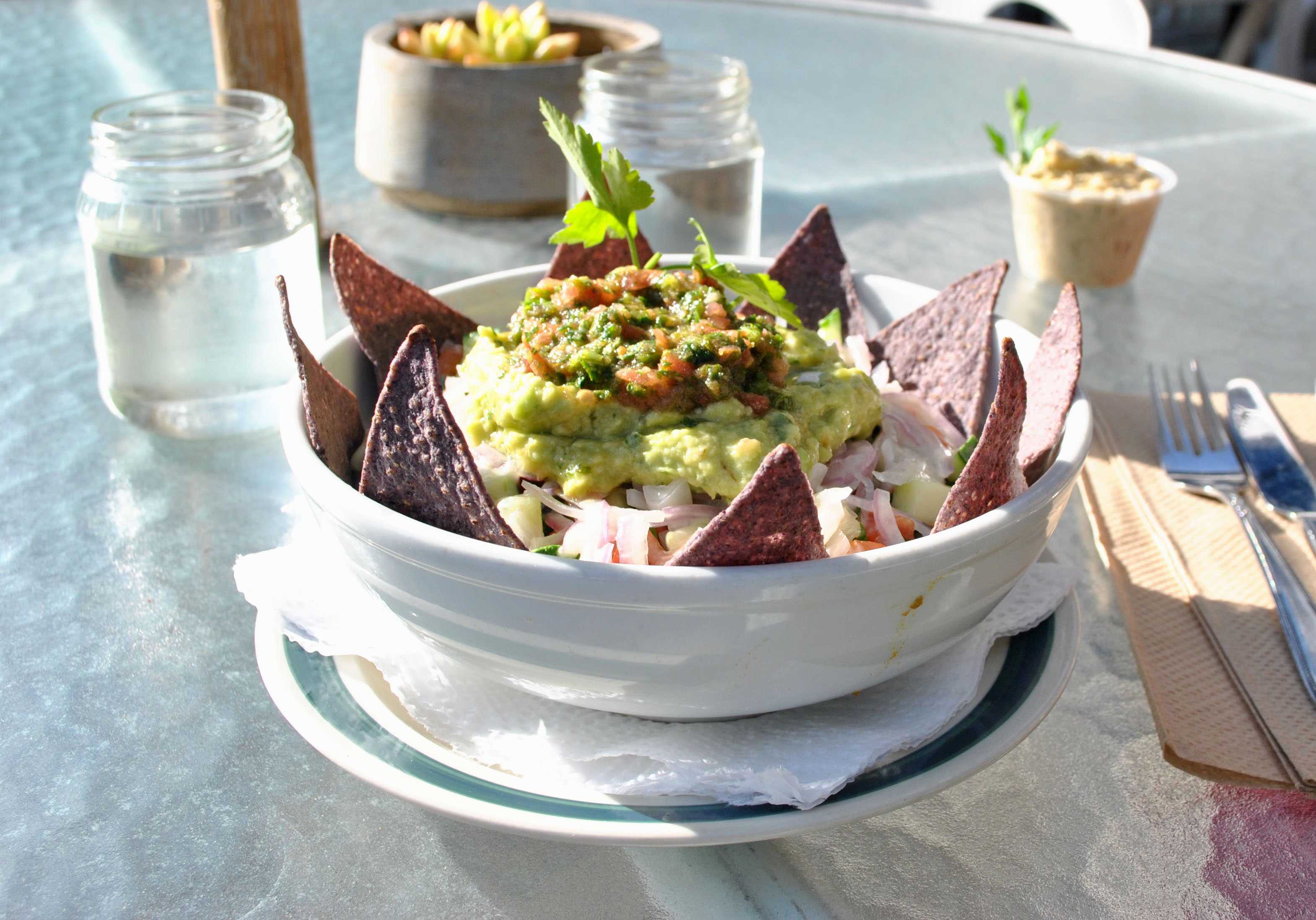Thanksgiving just wouldn’t be right without a turkey, Christmas without ham or tamales, Independence day without hotdogs, Cinco de Mayo without tacos or Saint Patrick’s Day without corned beef hash.
But how can people enjoy meat when factory farms across the U.S. treat animals so inhumanely?
These factory farms keep animals in cages, make animals lay in their own feces and generally force animals to bear undue amounts of stress for the entirety of their artificially accelerated lives until they are killed in front of the other animals, according to the ASPCA.
“Over 99 percent of farm animals in the U.S. are raised in factory farms, which focus on profit and efficiency at the expense of the animals’ welfare,” the ASPCA reports.
Still, eating meat remains a dietary staple in most households across the world. More than that, eating meat is a central aspect of human cultural heritage.
While meat-eating traditions are important, and meat is full of nutritional benefits, people must put an end to the epidemic of horrible cruelty to animals across the globe.
As consumers in a world where most hail the free market, we have the power to vote with our money.
Human beings are omnivores, and it’s okay to eat meat sometimes.
According to the United States Department of Agriculture, meat contains protein, vitamin B, magnesium, iron and zinc, which are all necessary to maintain a healthy diet.
While meat contains the most concentrated source of the necessary vitamins and nutrients, these benefits also come from nuts and seeds, according to the USDA.
“Because nuts and seeds are high in calories, eat them in small portions and use them to replace other protein foods, like some meat or poultry, rather than adding them to what you already eat,” the USDA writes on its website.
Organizations like People for the Ethical Treatment of Animals, Farm Animal Reform Movement and Compassion Over Killing among others promote a shift to vegetarianism or veganism.
A few weeks ago, FARM came to California State University, Long Beach and offered students $1 to watch a 4 minute film. They didn’t have any signs to identify themselves, and they did not tell students anything about the content of the short film, which was an animal cruelty video.
“If you’re going to eat meat, dairy and eggs, then you should at least feel obliged to watch what they have to go through because they’re going through it every second of every day,” FARM volunteer Shiri Takacs said.
Afterward, they asked students to commit to some amount of meatless days per week. This is a good idea because it is realistic. Even giving up meat for a few days would make a huge financial impact on the farm factories, plus it would encourage a healthier diet.
An outrageous 67 percent of Americans are overweight, according to a 2013 USDA report, and the most calorie-heavy portion on the plate tends to be meat.
Americans aren’t just supporting inhumane farm factories; they are making themselves sick.
“. . . People who consumed about one serving of red meat (beef, pork or lamb) per day had a 13 percent increased risk of mortality, compared with those who were eating very little meat,” Frank Hu, a professor of nutrition and epidemiology at the Harvard School of Public health, said according to NPR online in 2012
“Processed meats raised the risk higher, to about a 20 percent increased risk of death from diseases including cancer and heart disease,” Hu said.
Hu recommends that people eat about one serving of meat every other day while the American Cancer Society recommends eating meat only two to three times per week, according to NPR online.
So where is it safe to spend your money when you do eat meat?
In Long Beach, there are several restaurants and delis that offer Halal meat, as well as a Halal butcher called PCH Poultry Store and Market.
Halal butchers are required by Islamic law as stated in the Qu’ran to kill all animals humanely, and to treat them well while they are alive. More and more of these shops are opening their doors.
“[Dhabiha] is the name for the halal method of slaughter, which requires that animals are killed with a swift incision to the throat from a razor sharp blade,” according to The Halal Catering Company. “The animal must never see another animal being slaughtered nor must it ever see the blade being sharpened.”
There is a growing movement among young people who are looking for healthier sources of meat to shop Halal even though they are not Muslim.
There, the eggs are fresh from on-site, and the chickens and other animals are alive until people order them.




